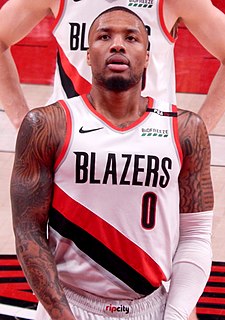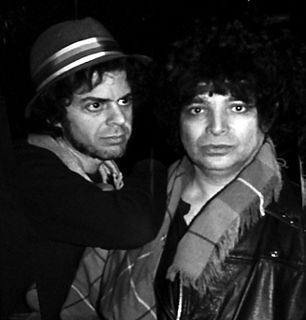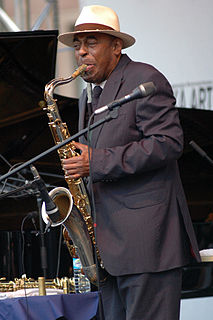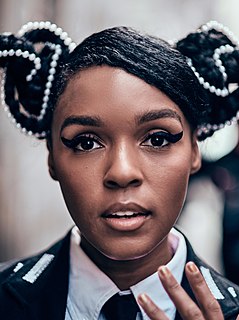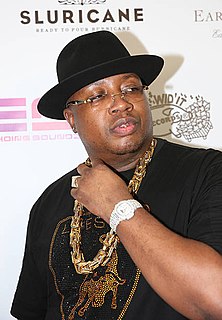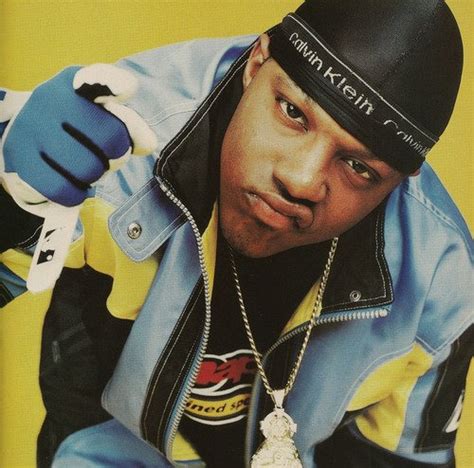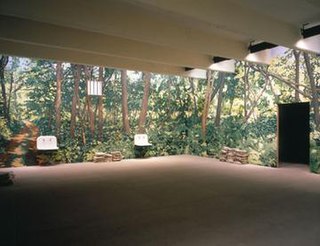A Quote by Rakim
As a young artist, especially in rap and at that time that I came out, originality was big.
Quote Topics
Related Quotes
Rap has so many possibilities that need to be explored. There are different factions of rap, but some are in a rut. Rap doesn't have to be about boosting egos and grabbing your crotch and dissing women. There's a way to make political and social issues interesting and entertaining to the young rap audience.
I feel like when it comes to rap - like, real rap music - and knowing the pioneers of rap, I feel like there's no competition for me in the NBA. Other guys can rap, but they're not as invested or as deep into actual music as I am and always have been. I think that might be what the difference is. I'm more wanting to be an artist.
You can't expect to be on MTV and critique George Bush. You can't expect to be on BET or the cover of 'The Source' advocating Jesus Christ or Buddha or Hindu Krishna or Moses. As a conscious rap artist, you have to play in the arena that you're supposed to be in. What is that arena? That arena is the college market. The conscious rap artist woos the college market, even though the college market is the wildest, most sexed-out, drug-driven market in the country, possibly the world.
They thought we were just basically keeping ourselves underground on purpose. And it was just strange for people to approach music that way. And for rap, trying to get recognition, and be seen as a regular form of music like anything else. I mean, the Soul, R&B, Rock 'N Roll, they would dis the hell out of rap when it first came out.
I guess rap has such a bad name, because everybody can do it now, and that's probably why people don't want to be considered as rappers anymore, they're not taken seriously anymore. But yeah, rap is definitely the core of what I want to do. But I'm also an artist so I try to do as many things as I can, but I always keep rap in the equation.





